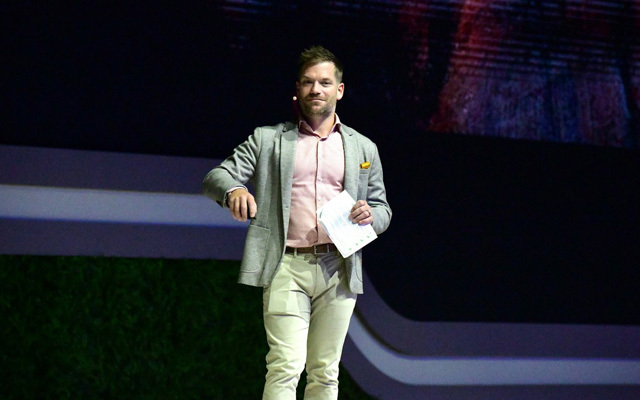Augmented and mixed reality (AR and MR) are set to revolutionise the business events sector as the technology matures, becoming more widespread and affordable. These tools are expected to significantly enhance the delegate experience by enabling event organisers to create immersive environments that transcend physical limitations, projected events professionals.
Speaking at a session during ICCA Congress 2024 in Abu Dhabi last week, Thomas Mauch, business development manager, RAI Amsterdam, showed a video of how Porsche is deploying MR technology through a three-dimensional environment where it is possible for participants to move around and interact with virtual objects and other users by joining remotely from all over the world.

Mauch emphasised that the timeline for AR and MR becoming integral to event experiences is not too far away.
Venue providers will have to make smart investments now to ensure their spaces are equipped to handle these technologies in the near future.
AR and MR technologies will empower event organisers to craft personalised experiences for individual attendees, allowing them to tailor content dynamically in real-time. Exhibitors, for example, can adjust their digital displays or product offerings based on a buyer’s preferences or interactions, creating a highly responsive and adaptive environment.
This flexibility makes exhibitions more engaging for exhibitors and event planners, enhancing the overall experience while allowing for seamless, on-the-fly modifications. Furthermore, AR and MR can offer enhanced data collection, giving event organisers and exhibitors deeper insights into attendee behaviour, preferences, and engagement patterns.
Mauch pointed out that the potential benefits of AR and MR are extensive. They can strengthen training and skill development in the medical field, for example, by allowing participants to engage in hands-on learning experiences. In addition, these technologies can revolutionise storytelling, enabling businesses to communicate their narratives in more interactive and memorable ways.
However, during his presentation, Mauch also urged caution. While these technologies hold great promise, it is crucial to ensure they are implemented in ways that are inclusive and accessible.
Not everyone may be comfortable wearing AR or VR headsets, particularly those who experience colour blindness and have sensory sensitivities.
There are also important ethical considerations. With the enhanced data collection capabilities of AR and MR, it becomes critical to protect sensitive attendee information.













